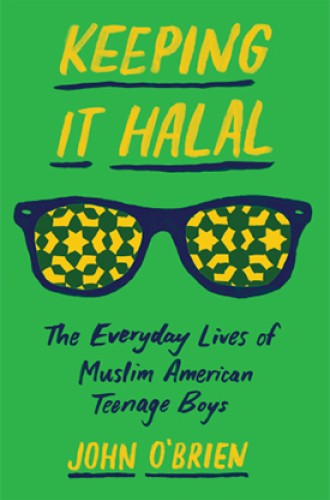The cool piety of young Muslim hip-hop fans
John O'Brien brings readers into teenage boys' frustrations and laughter as they struggle to integrate their different worlds.
As a first-generation American and the son of Indian immigrants, I grew up amid many cultures. My family is Muslim, and when I was born, they were living in a predominantly Orthodox Jewish community. I experienced slices of American culture at school alongside the Indian culture at home, all contributing to the multitude of forces forming my identity. Borrowing John O’Brien’s language, I lived a “culturally contested” life as I devised ways of reconciling multiple “cultural rubrics.” So do the Legendz, the group of American teenagers O’Brien examines in his well-researched ethnographic study.
O’Brien, who converted to Islam as an adult, unlocks numerous insights and generates stimulating questions as he observes how these Muslim teenagers negotiate their culturally contested lives. He concludes that “Muslim American youth are not only fundamentally similar to other American young people, but profoundly similar to all Americans.”
This conclusion may sound obvious, but on the first page of the preface O’Brien cites a study claiming that almost half of Americans associate Islam with violence. He then explains that his exploration of American Muslim teenagers is not a study of terrorism or the radicalization of youth. That O’Brien must engage in apologetics at the onset of the book is an indicator of our society’s current climate of hate and ignorance. For this reason, it is especially significant that O’Brien and other scholars are dedicating critical thought, time, and energy into providing more comprehensive and more accurate portrayals of Islam.






